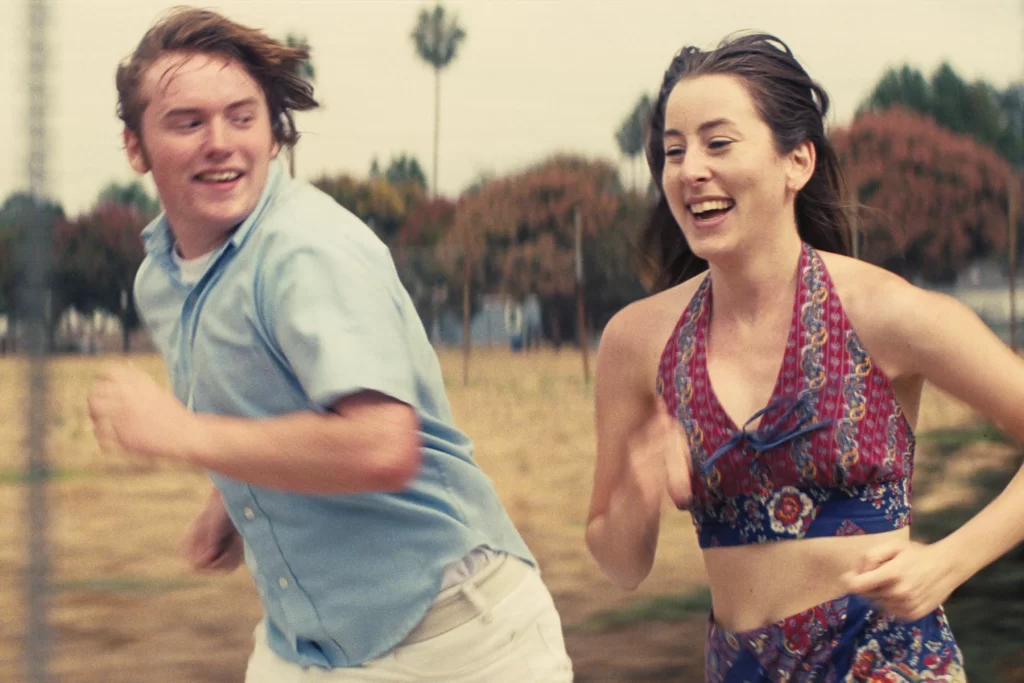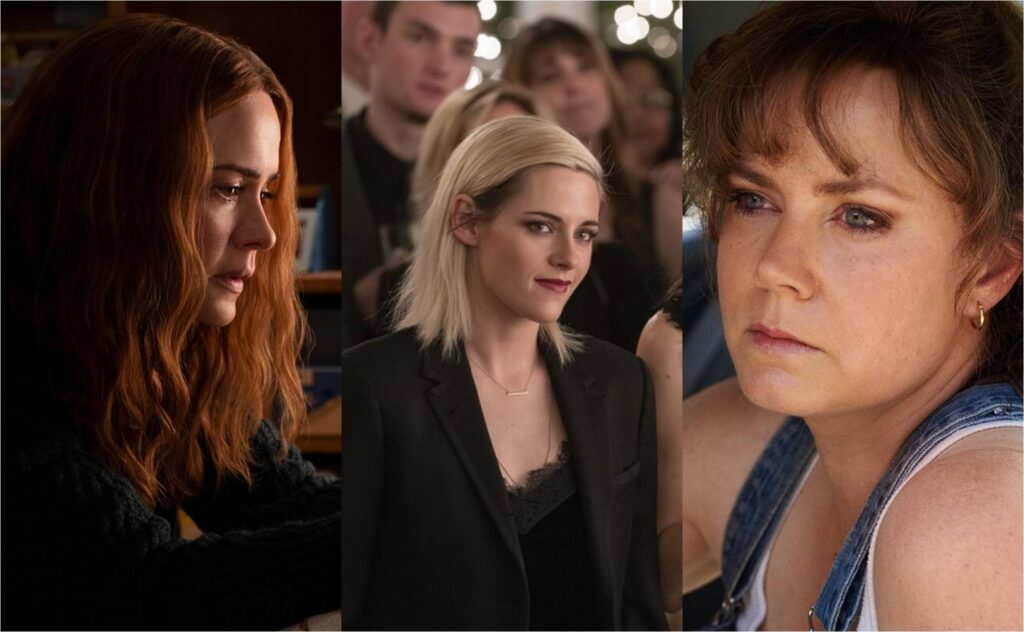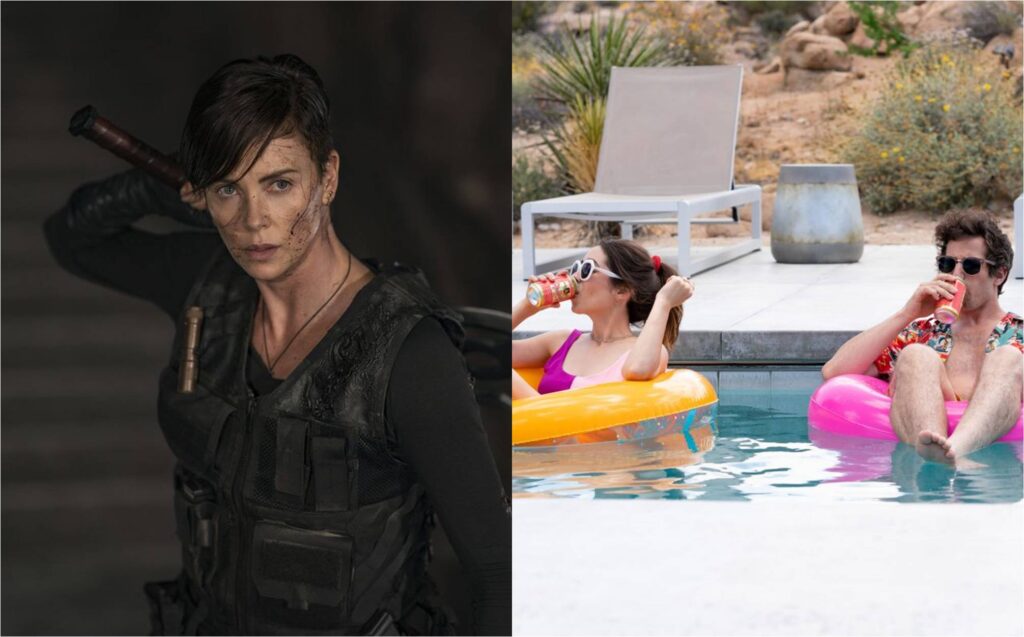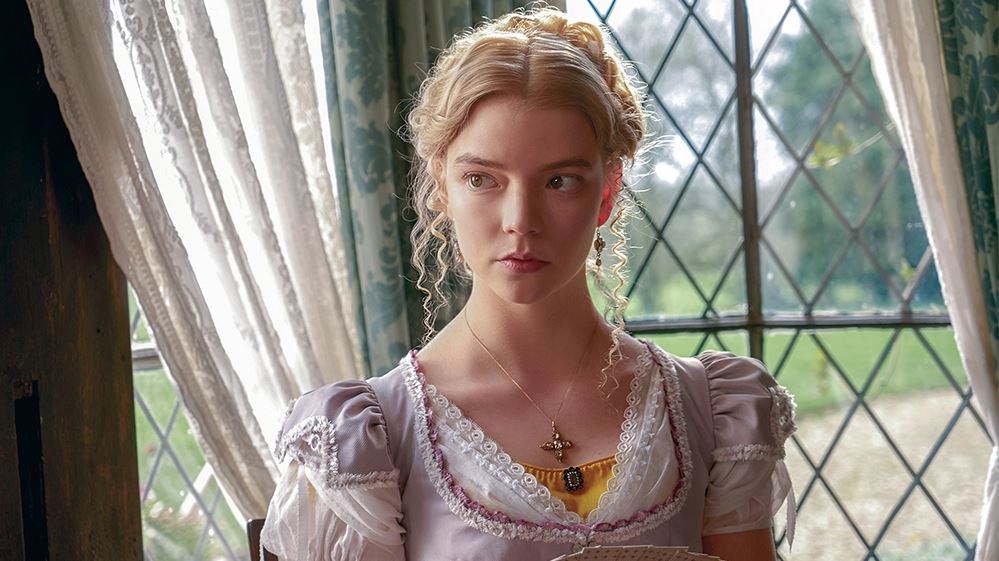At the Movies in 2022, Concept Is King
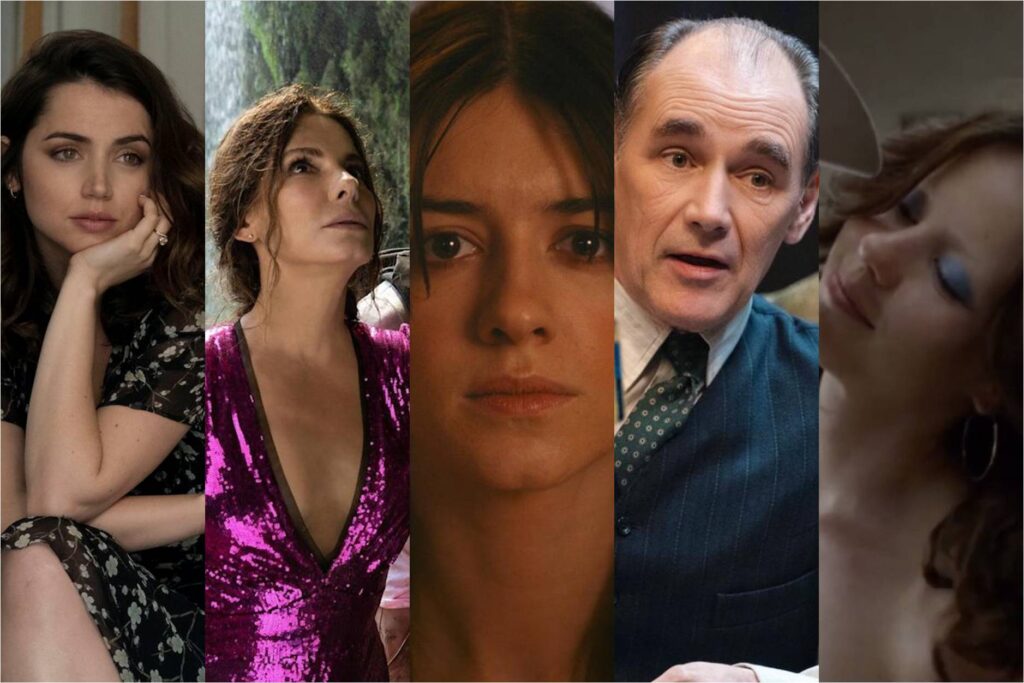
When it comes to modern movies, there are now two Americas. The first is a land of franchise dominance and corporate hegemony, where superhero flicks and sequels rule the multiplex. Even for fans of costumed entertainment—and I generally count myself among their number—surveying the box-office landscape can yield a dispiriting and homogenous view. The 10 highest-grossing films of 2019 were all based on existing IP, with seven hailing from the Walt Disney Company and an eighth (Spider-Man: Far from Home) that’s fully enmeshed within the Marvel Cinematic Universe, i.e., the Mouse House’s flagship franchise; zoom out to the top 15, and only two pictures (Us and Knives Out) were truly original creations. The COVID-19 pandemic aggressively accelerated this trend, and while cautious audiences may finally be returning to theaters, they only really pack the place for familiar properties. The mushrooming sprawl of these four-quadrant productions—competently made, ruthlessly merchandised, exceedingly familiar, rigorously safe—has inspired many industry experts to lament the death of cinema.
Maybe they’re right. After all, as the collective conception of a box-office hit perpetually narrows in scope and variety, it’s difficult to imagine studios routinely green-lighting risky original projects. And yet! I am once again compelled to repel these dire predictions, because there lurks beneath this marketplace of non-ideas a second America—one where original movies keep getting made, and in different shapes, sizes, and styles. Last month alone saw the release of at least five new films that are noteworthy for their strangeness, their pluck, their originality. Forget recycled superhero stories; these are movies with genuine concepts. Read More

